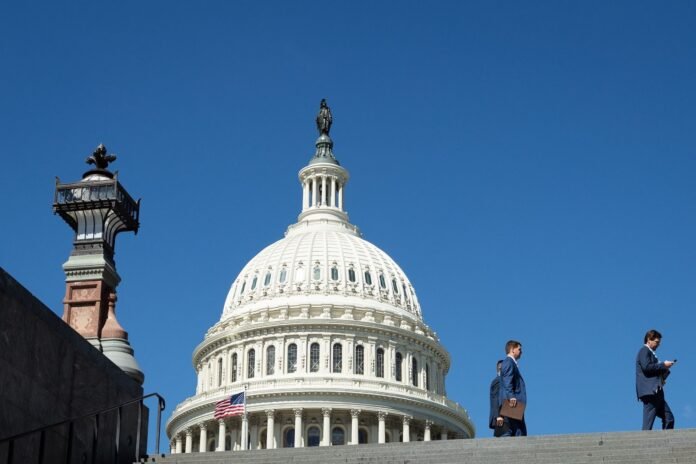Senate Democrats faced internal strains as the government neared a shutdown deadline on September 30. Amid rising tensions, a few members broke with their party to support a Republican-led funding bill designed to keep federal operations running.
The measure, which aimed to extend government funding until November 21, ultimately failed after falling short of the 60-vote threshold. It received a 55-45 vote, with only limited bipartisan backing. Despite these defections, most Senate Democrats remained steadfast in opposing the proposal, emphasizing party unity.
Among the Democrats who supported the bill were Senators John Fetterman of Pennsylvania and Catherine Cortez Masto of Nevada. Additionally, Independent Senator Angus King of Maine, who caucuses with the Democrats, also voted in favor. Their support highlighted growing concerns about the economic and social consequences of a shutdown, particularly for vulnerable communities.
Senator Cortez Masto explained her decision in a statement, noting that Nevadans already face high living costs, economic pressures, and a fragile healthcare system. She stressed that a shutdown would further harm families while granting additional leverage to the Trump administration.
Earlier in the evening, Democrats introduced their own budget bill. This plan aimed to reverse Medicaid cuts, extend health insurance subsidies, and protect against the White House withholding Congress-approved funding. However, that measure also failed on a strict party-line vote, 47-53.
The small number of defections underscored the overall unity among Senate Democrats while simultaneously revealing their anxieties over the real-world impacts of a shutdown. Many lawmakers voiced concern for federal workers, who face the threat of layoffs and furloughs. Furthermore, the White House has warned of widespread civil service layoffs, which has fueled further apprehension.
Government agencies are already grappling with significant workforce reductions. Estimates indicate that roughly 300,000 employees could depart this year through retirements, buyouts, firings, and resignations. Analysts warn that a shutdown would intensify these challenges, jeopardizing essential federal services.
The failed votes now set the stage for heightened partisan conflict. Republicans, holding a narrow Senate majority, must secure additional Democratic support to surpass the 60-vote threshold. For the moment, compromise remains elusive, as both parties prepare for political fallout.
Observers note that the impasse could have lasting effects on public trust and economic stability. Meanwhile, federal employees, healthcare recipients, and families who rely on government services remain caught in the uncertainty.
For more political updates, visit DC Brief.


